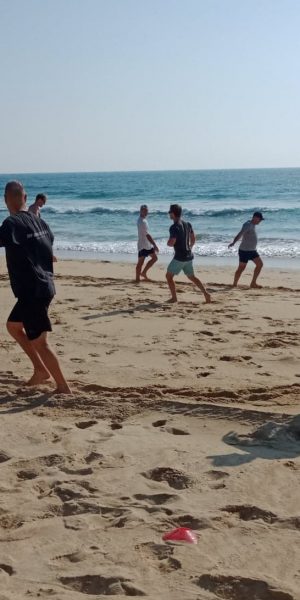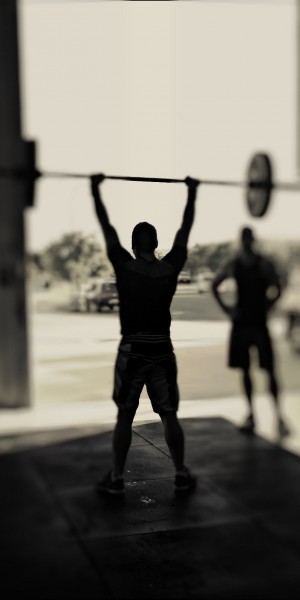Being that we are right in the middle of all of the Regional excitement we thought it might be interesting to feature a piece on the efforts it takes to make it to regionals. To give us some insight into this subject we interviewed a good mate of ours Drummond Williamson (CrossFit 42 South) who is one of Australia’s most consistent performers having qualified for regionals every year since 2010 and to his credit was one of the oldest athletes in the field this year.
We asked Drummond to be completely honest with his answers – not that we think he is a liar but sometimes it can be easy to subconsciously sway your answers to what you think people want to hear rather than the reality. For anyone with the goal of making to regionals – I am sure Drummond would be happy to give you some advice if you were to shoot him an email.
Here is what he had to say:
How long have you been doing CrossFit? 6 years or so.
What did your training look like before CrossFit? Very traditional gym training (lots of bicep curls – no legs! Ha) 4-5 times a week with the odd run and bike ride thrown in.
Can you give a brief overview of a typical day of eating (training day): Banana when I wake up followed by a big eggs and bacon type breaky mid-morning. Lunch is usually deli meat and and fruit or maybe a Steak if I’m hungry enough. Dinner is what ever my beautiful wife serves me up. Regular meals are spag bol, meat and veges or a roast.
What would you consider to be your strengths and weaknesses and how do you target your weaknesses in training: At the risk of sounding cocky, I wouldn’t say I have any glaring weaknesses however I am always trying to increase capacity across all elements. I work with my Oly lift coach Leo Isaac twice a week and try to ensure I am addressing the movements, rep schemes and time domains that I least feel comfortable with regularly.
Where does your training/programming come from? I pick and choose from a variety of sources such as outlaw, nclab and competitor WOD.
How often/many times a day do you train and how does this vary during the season? I usually have a 90 minute session at 0800 and if I feel like I have more in the tank and/or I have the time I’ll throw in another component after lunch. Usually a EMOM to address a weakness.
Can you give a brief overview of the percentage of your training time you dedicate to strength/oly lifting (in isolation), skill work, general conditioning? As stated above, twice a week I work with an Oly lift coach and I usually address skill or movement weaknesses with EMOMs.
What advice would you give to someone who has a goal to make it to regionals? I think it is important to ask yourself why you want to go to regionals. What are you willing to sacrifice to get there? I’ve said before that I don’t live my life like someone wanting to finish on the podium. I genuinely enjoy competing and pushing the limits and I’ve been fortunate enough to qualify for the regionals 5 times but I’m pretty sure I’m not the fitness bloke in Australia and I’m not willing to sacrifice the quality of life I lead. I enjoy a beer after a long day, and I have a young family who are far more important than any workout. Having said that I think that you need to find a healthy balance in your training. Learn when to rest, enjoy a beer with your mates, and don’t be afraid to miss a training session here and there. My observation of the best CrossFitters in the world is that they don’t spend all day thinking about training. When they do train they do so with good people and they have fun doing it.
How much time do you dedicate to recovery work? Honestly: none. I try to surf a few times a weak.
What attribute or attributes would you say are responsible for your success in CrossFit: I think I was fortunate enough to come in to the CrossFit world with a well rounded capacity (albeit by mistake). I’ve been lucky to avoid injury and as a result consistency and frequency has paid off. Also, I don’t take it too seriously. It’s only exercise.


